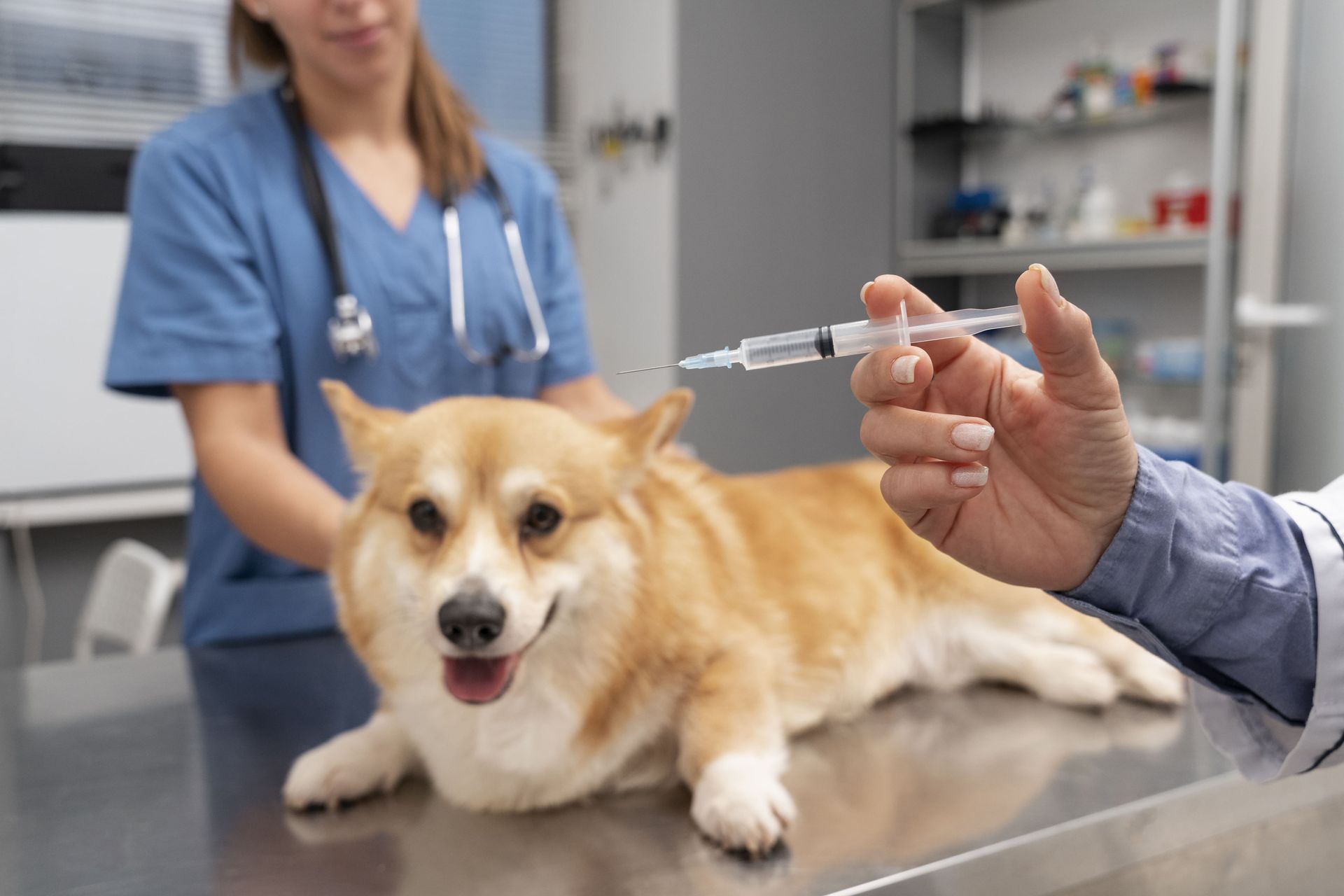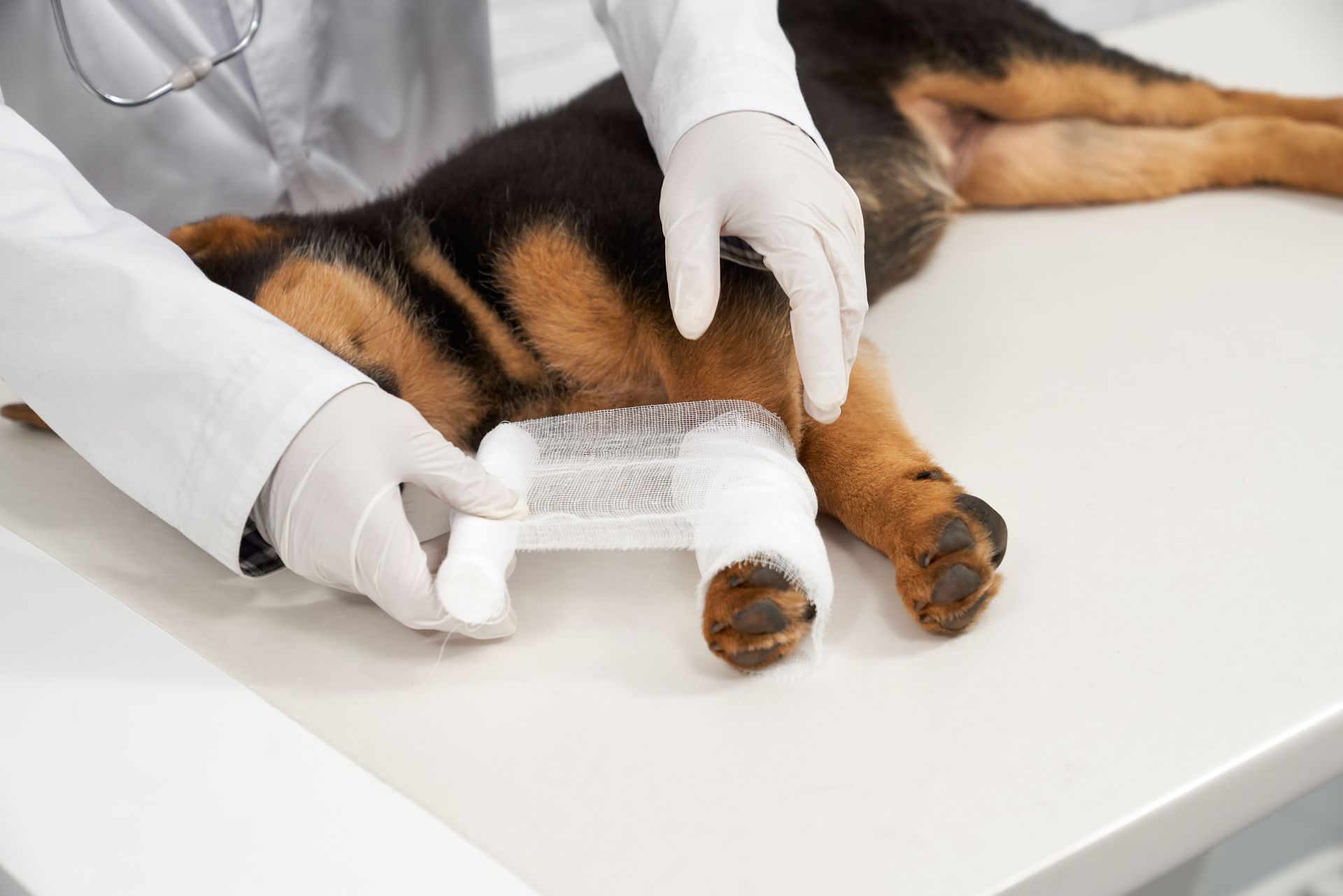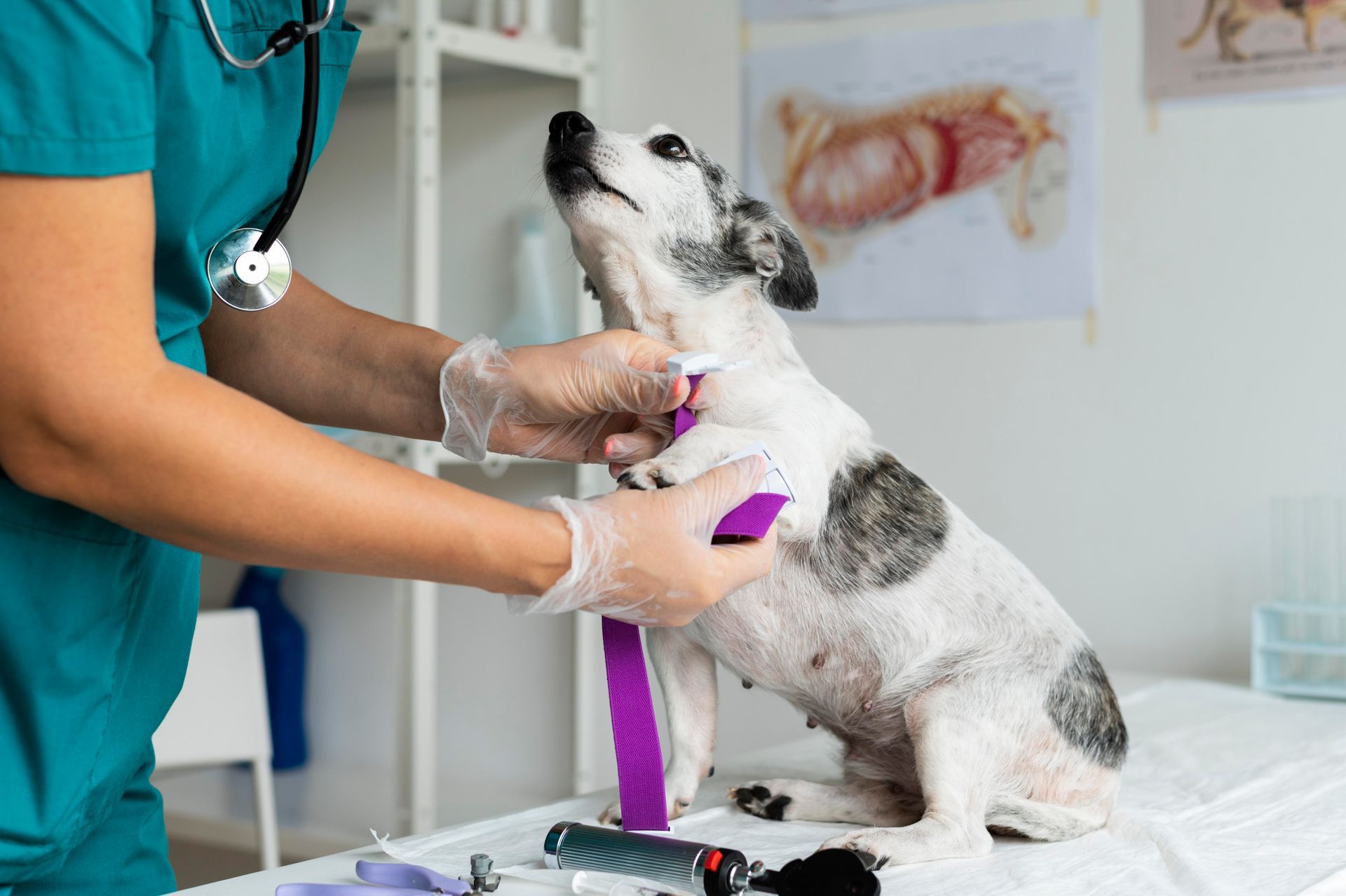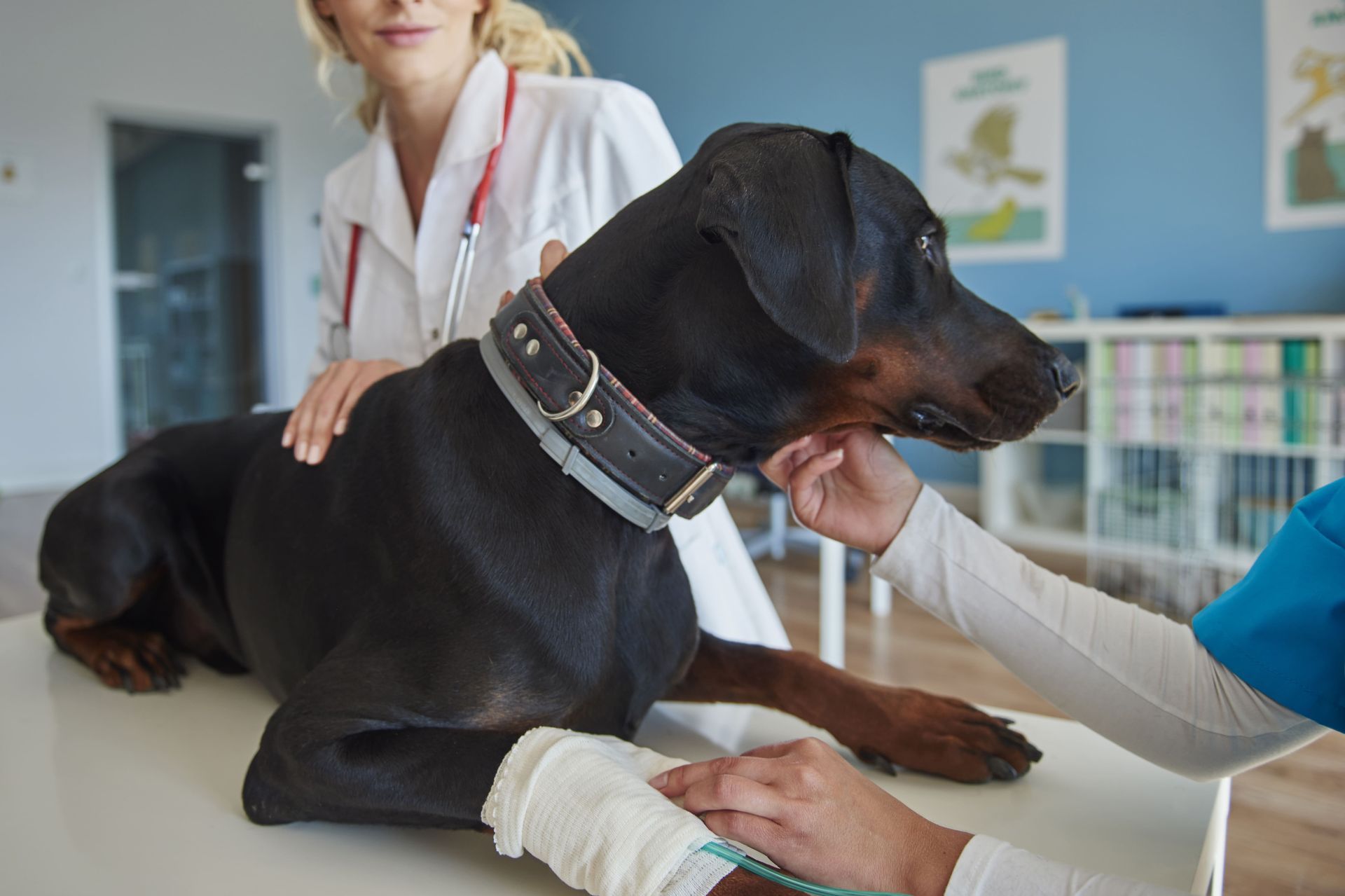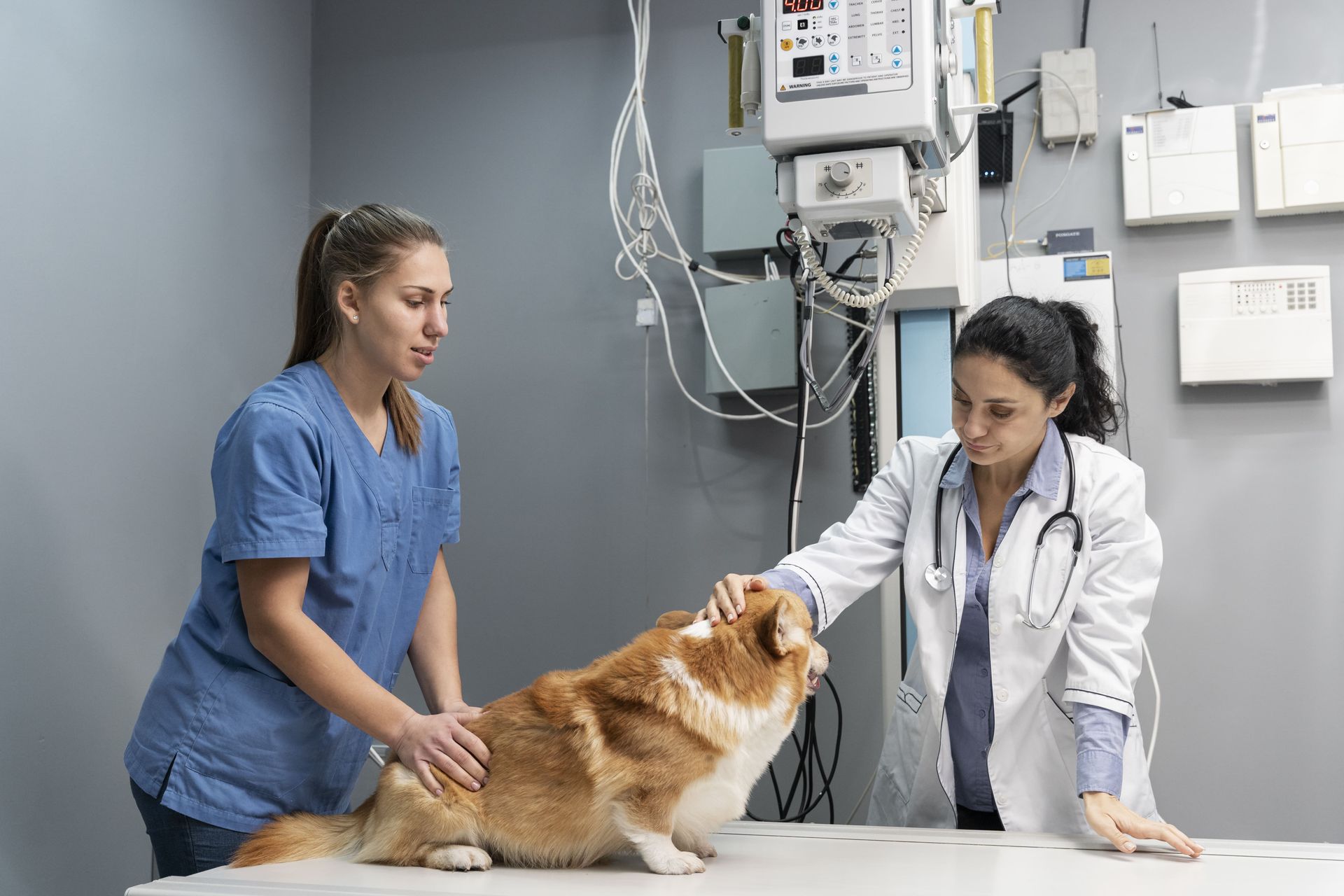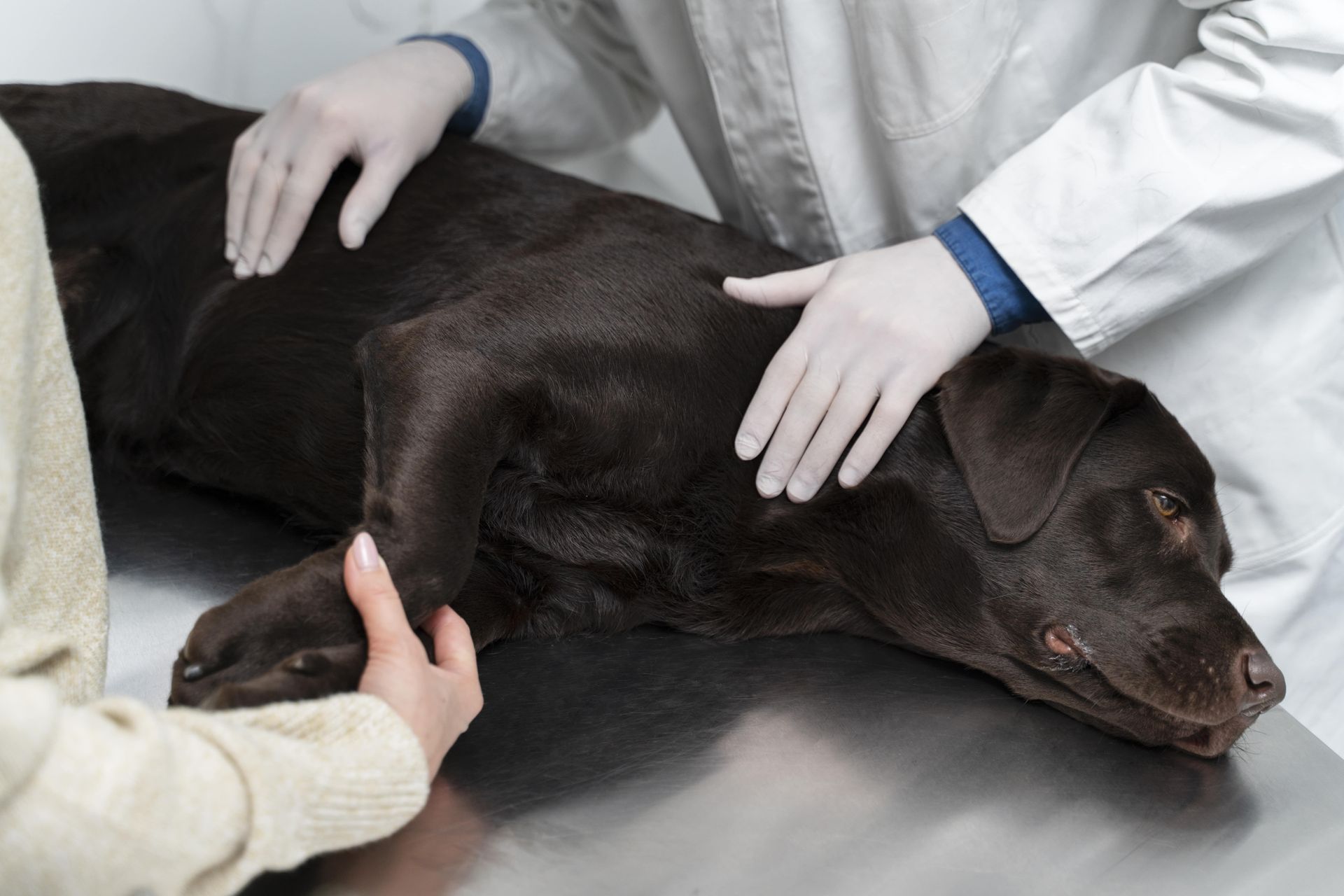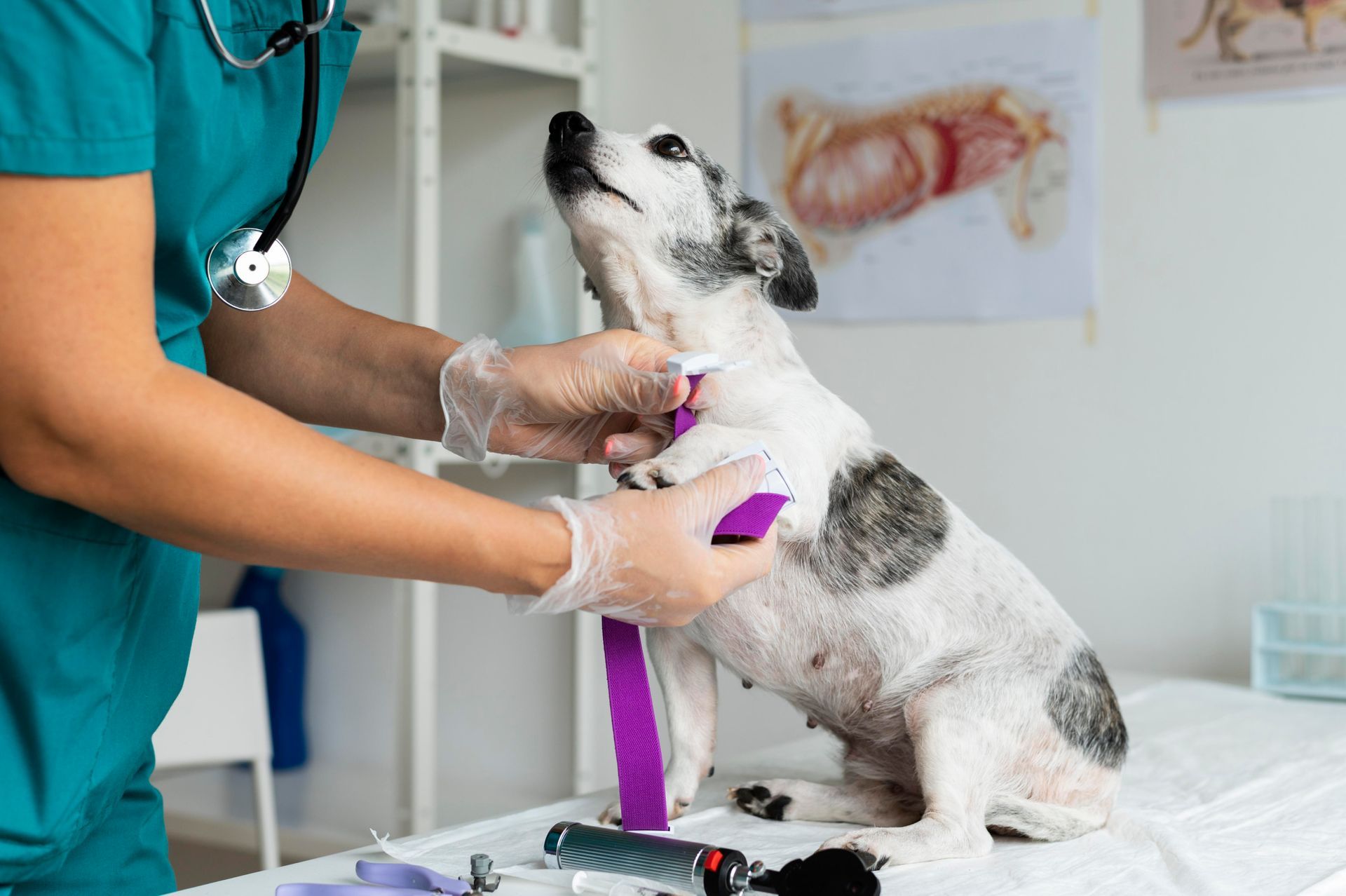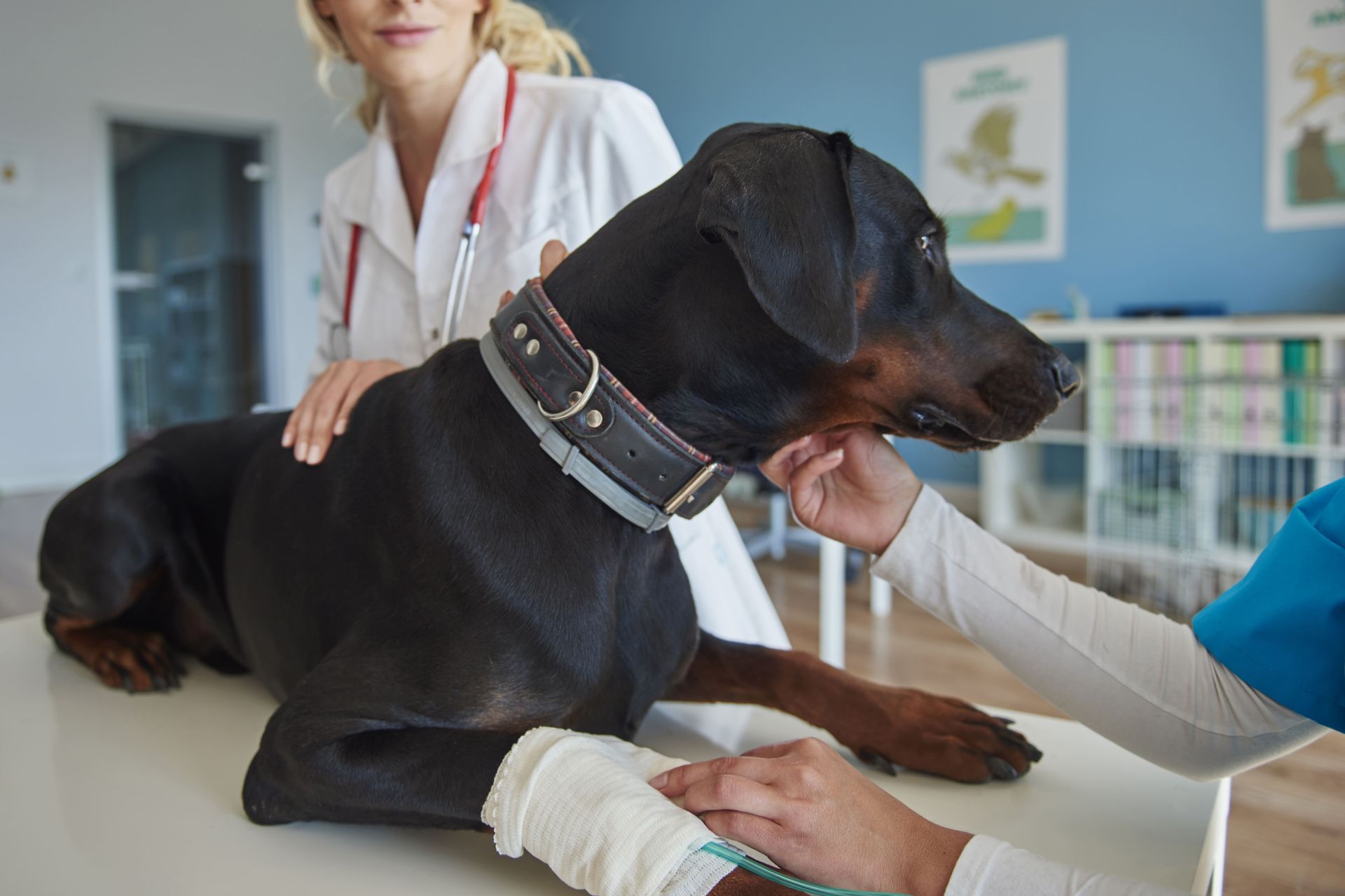Exotic Pet Care 2025: Your Complete Handbook for Happy, Healthy Pets
Ever dreamed of sharing your home with a hedgehog who thinks he’s royalty? Or a parrot that screams “I’m Batman” just when guests arrive? Maybe a gecko clinging to your window like a tiny, scaly superhero or a reptile casually sunbathing like it owns the place? If yes, then brace yourself to face the wild, wonderful world of exotic pets, where every day is basically a mix of David Attenborough documentary meets sitcom chaos. Exotic pets are fascinating, adorable, and, let’s be honest, a little dramatic. But here’s the thing: owning an exotic pet isn’t like having a sleepy cat or a tennis-ball-obsessed dog. These curious creatures come with their own quirks, special diets, and daily-care routines that would make even a pampered poodle jealous. That’s where a rulebook for exotic pet care enters the chat. Forget chew toys and basic kibble—think live insects for dinner, UV lamps for basking, and humidity charts on your fridge. That’s where a proper rulebook for exotic pet care enters the chat.
Caring for exotic pets is more than just feeding and cleaning—it’s a full-time relationship built on understanding their wild instincts in a home environment. If you’re a pet parent thinking of adopting an exotic pet in 2025, understanding their daily care routine is absolutely essential.
As your go-to experts in pet health, Lincoln Ave Cat & Dog Hospital is excited to bring you this complete handbook for
exotic pet care
in 2025. In this ultimate guide, we’ll break down everything you need to raise your unique companions with love, confidence, fun, and responsibility.
What Makes a Pet “Exotic”?
Before delving into exotic pet care, let’s understand what makes any pet “Exotic”. In “Cambridge Dictionary”, the word “Exotic” means unusual, exciting, or mysteriously different. The meaning of “Exotic Pet” isn’t far off - it refers to animals that are uncommon, distinctive, and often require specialized care. Typically, these pets aren’t domesticated in the traditional sense and need environments that mimic their wild origins. According to the American Veterinary Medical Association (AVMA), exotic pets can include a wide range of species:
Reptiles : Geckos, turtles, snakes, iguanas
Birds: Parrots, cockatoos, finches, macaws
Mammals: Hedgehogs, ferrets, sugar gliders
Amphibians: Frogs, axolotls, salamanders
Aquatic Species: Exotic fish, freshwater shrimp
IMPORTANT LEGAL CONSIDERATIONS:
Before adopting any exotic pet, it is important to check your local regulations. Certain reptiles or amphibians may be restricted depending on the country or state. For example, in the United States, laws like the Lacey Act and Endangered Species Act regulate the adoption/possession of certain exotic pets. In New Jersey, adopting exotic pets is heavily regulated and requires special permits for different species. Less dangerous animals, like snapping turtles, peacocks, and snakes (like boa constrictors), are exempt from permit requirements. Possession of all exotic animals in New Jersey comes under the Department of Environmental Protection. So, consult the NJDEP (New Jersey Department of Environmental Protection) to determine the legality of your exotic pet.
Why Exotic Pets Need Special Care?
Unlike dogs and cats that have been domesticated for several centuries, exotic pets retain much of their wild instinct and physiology. They have:
Unique Environmental Needs : For instance, Reptiles require heat lamps and UVB lighting for metabolic functions.
Special Diets:
Unlike cats, who enjoy commercial food, reptiles may need calcium-dusted crickets or mealworms, and parrots require nutrient-rich pellets combined with fresh fruits.
Behavioral Enrichment : Without the right stimulation, parrots can develop behavioral problems like feather plucking.
Setting Up the Perfect Habitat
Creating a proper habitat is one of the first steps in exotic pet care, and this varies widely depending on species:
- Terrariums for Reptiles : Must provide temperature gradients to allow thermoregulation, basking spots with specific wattage heat lamps, and UVB lighting to support vitamin D synthesis. Incorrect heating is a common cause of illness in reptiles.
- Aviaries for Birds : Spacious enclosures with horizontal bars for climbing, multiple perch sizes for foot health, and safe materials that won’t splinter or break.
- Humidity Control : Tropical reptiles and amphibians like chameleons or dart frogs demand tightly controlled humidity—often requiring misting systems or humidity gauges.
- Safe Decor : Use decor such as hides, branches, or platforms, avoiding sharp edges and toxic plants that can harm pets.
- Routine Cleaning : Clean tanks, cages, or enclosures at least once weekly, with daily spot-cleaning of waste to prevent harmful bacterial growth.
Research from the British Herpetological Society emphasizes that poor habitat setup is a leading cause of health issues in reptiles and amphibians.
Feeding & Nutrition Essentials
Exotic pets often require specialized diets that mimic their wild feeding habits as closely as possible:
- Reptiles : Require gut-loaded insects (like crickets fed nutritious greens) and dark leafy vegetables. Calcium supplementation is essential for species like bearded dragons.
- Birds : Thrive on a balanced diet of formulated pellets supplemented by fresh vegetables and small amounts of fruit. Avoid over-reliance on seed mixes.
- Mammals (like hedgehogs) : Require insectivore-specific diets with occasional treats like cooked chicken or scrambled eggs.
- Aquatic Species : Feeding varies, with some fish needing algae wafers and others preferring live prey. Overfeeding can disrupt water chemistry, leading to ammonia spikes.
Common Feeding Mistakes : Overfeeding sugary fruits to reptiles or using a solely seed-based diet for parrots leads to obesity and nutritional deficiencies. Fresh, varied diets are essential.
Veterinary nutritionist Dr. Deborah Greco warns that "improper diets are one of the most common reasons exotic pets end up in veterinary clinics." Regular consultations with exotic animal vets can help fine-tune diet plans.
Daily Exotic Pet Care Routine: What Pet Parents Should Know
A structured daily routine is the key to maintaining your exotic pet’s health and happiness:
- Feeding Schedules : Feed your pet at the same times each day to help maintain digestive health and reinforce behavioral routines.
- Cleaning : Remove uneaten food promptly, clean water bowls daily, and change bedding weekly to avoid odor and bacteria buildup.
- Handling Tips : Learn correct handling techniques for your species. Overhandling reptiles or amphibians can cause stress, while birds may require gentle but frequent social interaction.
- Bonding Time : Birds and mammals particularly benefit from human interaction—talking to parrots or offering hedgehogs treats by hand can build trust.
- Health Monitoring : Watch for warning signs such as lethargy, sudden aggression, weight loss, or unusual droppings. Early intervention saves lives.
Health Care & Finding the Right Vet
Not every veterinarian is qualified to treat exotic animals. Finding a professional with specific training and certification is essential:
- Exotic Pet Specialists : Look for veterinarians certified by groups like the Association of Avian Veterinarians (AAV) or Association of Reptilian and Amphibian Veterinarians (ARAV).
- Routine Exams : Schedule at least one annual health exam to screen for common exotic pet illnesses.
- Emergency Care : Keep a list of local or regional emergency veterinary services that specialize in exotic pets.
Dr. Hess emphasizes: "Finding an experienced exotic animal vet is crucial. Don’t wait for an emergency to start searching."
Enrichment & Mental Stimulation
Mental stimulation is vital to preventing boredom and stress:
- For Birds : Offer toys that mimic foraging, rotate them regularly, and encourage vocal interaction or puzzle toys.
- For Reptiles : Provide new climbing structures, hides, and varied environments to explore within safe parameters.
- For Small Mammals : Tunnels, climbing frames, exercise wheels, and scent-based puzzles can keep small mammals engaged and happy.
Without enrichment, exotic pets can exhibit stress-related behaviors like repetitive movements, aggression, or self-harm. Aim to provide stimulating activities every day.
Common Challenges & How to Overcome Them
- Behavioral Issues : Biting, aggression, or feather plucking may stem from boredom, hormonal changes, or improper handling. Consulting a behavior specialist can help.
- Environmental Difficulties : Seasonal changes can disrupt temperature and humidity controls. Invest in digital hygrometers, thermostats, and backup heat sources.
- Healthcare Access : Veterinary care for exotics may require travel to specialists. Building relationships with local exotic vets can ease long-term care.
- Costs : Budget for initial setup, regular supplies, veterinary care, and emergency funds. Joining exotic pet communities online can help find cost-effective care tips.
Proactive research and participation in online forums or exotic pet clubs can help mitigate these challenges.
Exotic Pet Trends to Watch in 2025
- Telehealth for Exotic Pets : More exotic veterinary clinics are offering remote consultations for follow-up visits and minor health issues.
- Advanced Enrichment Tools : Smart feeders that dispense food puzzles or automated misting systems for reptiles are becoming mainstream.
- Ethical Sourcing : Growing emphasis on adopting exotic pets from rescue centers or reputable breeders with proper documentation.
- Eco-friendly Products : Increasing availability of biodegradable bedding, eco-friendly enclosures, and sustainable pet food brands.
The Global Exotic Pet Trade report (973) 427-0990 highlights that responsible, ethical ownership is a significant trend driving change in 2025.
Final Words
Owning an exotic pet is a rewarding experience, but it comes with serious responsibilities. Understanding their environment, diet, enrichment needs, and healthcare is essential to keeping them happy and healthy.
If you're facing big problems with exotic pet care in New Jersey, consider
Lincoln Ave Cat & Dog Hospital . We proudly offer some of the best exotic pet care services in NJ, backed by expert veterinarians and a commitment to compassionate care. Visit us at 133 Lincoln Ave, Fair Lawn, NJ 07410, and let us help you give your exotic pets the exceptional care they deserve. Contact us now!

